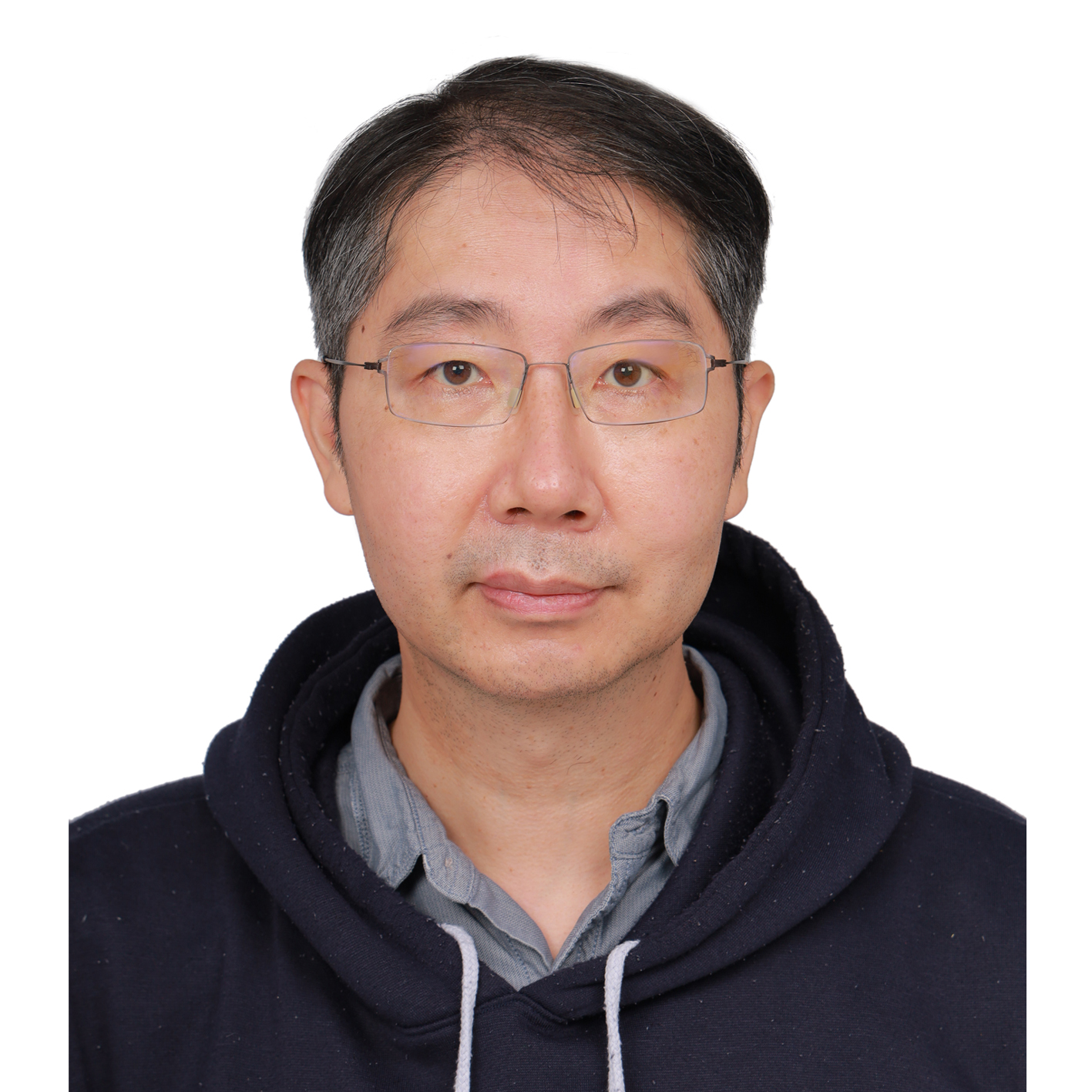- Lectures
- Institute of Biomedical Sciences
- Location
B1B Lecture Room, IBMS
- Speaker Name
Dr. Sheng-Yu Peng (Nat'l Taiwan Univ. of Science and Technology)
- State
Definitive
- Url
This talk briefly reviews the technological advancements in artificial intelligence, semiconductors, and neuroscience, leading to the key factors for the success and challenges of current artificial intelligence. The neuromorphic electronics are much more power-efficient than conventional digital computation platforms. Some neuromorphic electronics will also be introduced to explore the possibilities of developing low-power sensing and learning hardware based on biological evolution.
Dr. Sheng-Yu Peng received B.S. and M.S. degrees in Electrical Engineering from the National Taiwan University, Taipei, Taiwan, in 1995 and 1997, respectively; a degree of Master of Science in Electrical and Computer Engineering from the Cornell University, Ithaca, NY, in 2004; and the Ph.D. degree in Electrical and Computer Engineering from the Georgia Institute of Technology, Atlanta, GA, in 2008. Dr. Peng joined the National Taiwan University of Science and Technology (NTUST) in 2011. Currently, he is a professor in the Department of Electrical Engineering.
His research interests include interface circuits for sensors and biomedical applications, reconfigurable analog circuits and systems, power-efficient analog signal processing, and low-power machine learning algorithms. Dr. Peng received the NTUST 2023, 2022, 2021, and 2013 Excellent Teaching Awards, the NTUST 2022 Excellent Research Award, the IEEE Taipei Section 2018 Best Master Thesis Advisor Award, and the IEEE Taipei Section 2018 Best Ph.D. Dissertation Advisor Award. He also received the Best Student Paper Award at the 2016 IEEE International Ultrasonics Symposium.









 Home
Home

